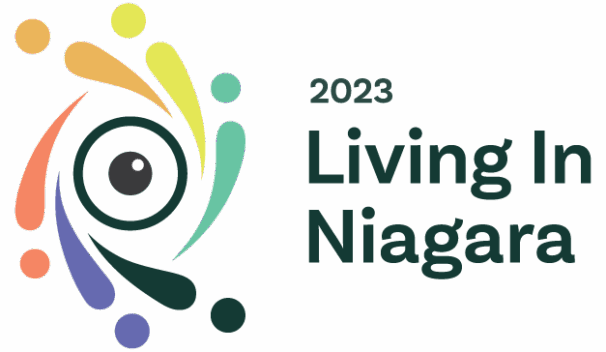Jobs provide income, opportunities to belong, contribute and learn, and they help to stabilize households – all important for the wellbeing of people, families, and our community. Human capital utilized in meaningful paid and unpaid work contributes to our region’s vibrancy. The jobs topic has many touchpoints, including equity, gender, urbanization, economic growth, and demographics. The presence of quality jobs in our community, and people’s ability to make a living wage helps to define our collective living standard.
Things We Are Doing Well
- Manufacturing comprises 14% of Niagara’s gross regional product. A total of 984 companies, primarily small and medium-sized, employ 21,200 individuals. The flexibility of these smaller companies to adapt to new market opportunities has led to diversification from producing commodities to specialized production.
- Tourism employs 22,000 individuals in Niagara, providing entry-level employment and seasonal opportunities for students. This sector employs people with skills for which Niagara’s capacity is strengthening, such as culinary arts, digital and interactive media, and, increasingly, knowledge workers.
- Niagara’s agri-food sector has joined with the Golden Horseshoe (GH) Food and Farming Alliance to create a Food and Farming Action Plan for the ongoing vitality of the GH area’s $35 billion agri-food cluster, and the thousands of jobs based upon the one million acres of farmland included in the area spanning the Niagara Region through to the City of Hamilton, the GTA and the Holland Marsh.
- Employment service providers and educators are collaborating to better understand local labour market trends, skills gaps, and diversification in Niagara’s labour market. Their work together informs regular labour market update reports issued by the Niagara Workforce Planning Board, part of the Workforce Planning Ontario network.
- Supports for entrepreneurs and incubation of start-ups are provided through a network of research, innovation and small business enterprise centres in Niagara.
Emerging Activities
- Employment service providers are discerning perceived skills gaps, and looking at the relationship between unemployment rates in Niagara and a lack of essential skills among workers faced with the transition away from traditional manufacturing jobs. Essential skills include digital literacy, managing one’s own learning, engaging with others and interpersonal communications.
- Employment initiatives targeted to specific groups such as adults 55 years of age and older and young people between 15 and 24 years of age continue to receive emphasis.
- The effects of precarious, minimum wage employment on the working poor, their families, and our community as a whole are becoming more widely recognized as a labour market accessibility issue requiring transformative, structural changes to prevent a rise in poverty, poor health outcomes, and related social challenges.
- A seamless Niagara-wide regional transit system and full GO Train service are seen as crucial for optimizing access to work, employment, and economic development opportunities for all.
- The work Niagara Mental Health and Addictions Charter, launched in 2014 points to the opportunity for a focus on workplace mental wellness to help boost productivity in Niagara.
Suggested Action Steps
- Create opportunities for training of Niagara workers who are seasonally laid off, to build capacity for off-season employment.
- Address root causes of: underemployment of many youth and new graduates in Niagara; and employment rates for people between the ages of 15 and 24 in Niagara being 3.5% lower relative to Ontario and Canada.
- Continue to strengthen cross-Sectoral communication and knowledge-sharing pathways, to help focus our planning together for a stronger work and employment landscape in Niagara.
- Gather information to better understand the quality of jobs available in Niagara and how that relates to underemployment of our people and the strength of our economy.
- Explore models that allow workers low cost/no cost options to upgrade skills related to emerging markets.
Indicators
Employment Services in Niagara
- Average income
- Employment and Unemployment Rates
- Employment Sectors in Niagara
- For-Social-Profit and Unpaid Work
- Places where people do their work and commute to work
- Youth Employment and Unemployment Rates
- Labour Force Estimates
- Labour Force Participation Rate








